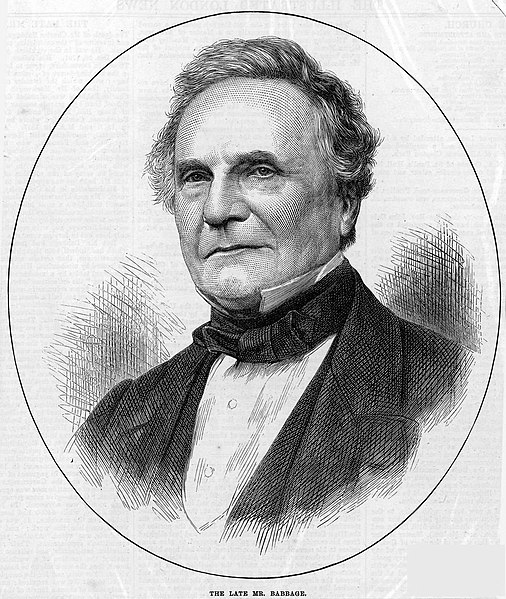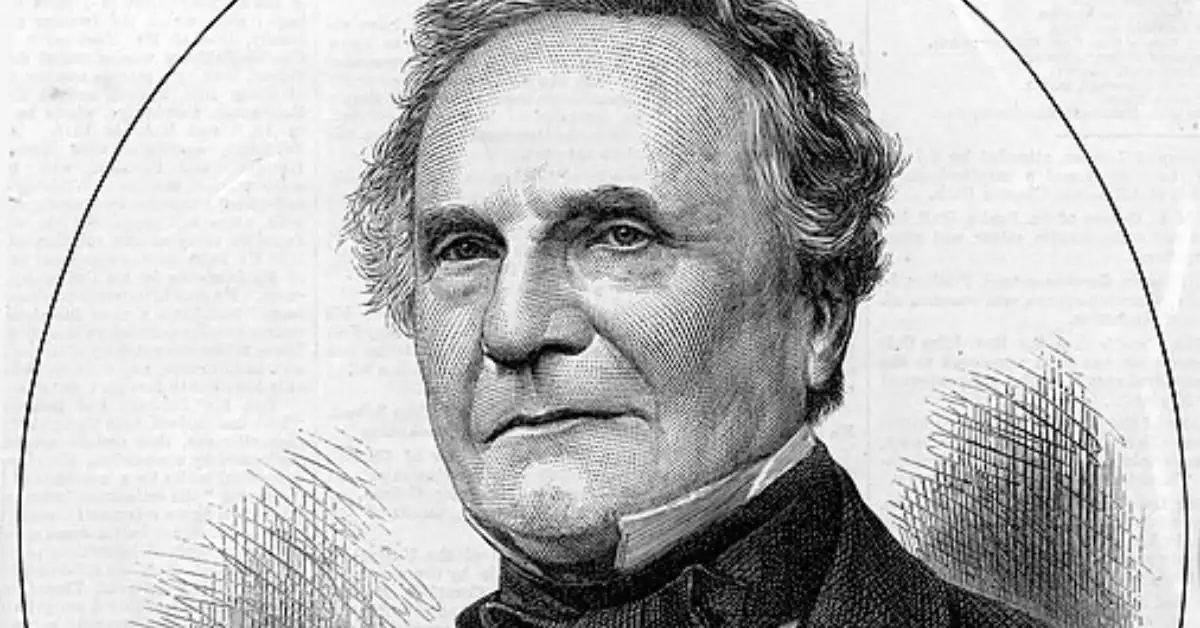This is an interview with the Objectivist computer scientist Martin Johansen. We discussed his lecture “Charles Babbage: Induction in Computer Science”. You can and should purchase a copy of this lecture here.
Introduction
This is a great introduction to the role of induction in science in general, not just computer science. Although, of course, we covered a lot of computer science topics as well.
You should find this instructive and interesting even if you are not an expert on computer science or philosophy. Martin explains very clearly what induction is, why it is important and how it can be used in computer science and other fields.
We also discussed some of why it is dismissed today. As well as the irrational way modern academics such as Turing approach the field of computer science.
Here is the list of questions I prepared when asking him. I did not go very far off script. It gives you a pretty good idea of what we discussed.

Questions on Computer Science
What is your background in computer science and philosophy?
What is a computer and what is the origin of this this term?
Why did you choose to get into computer science?
You may have noticed that many Objectivists are into programming, why do you think that is?
What is induction?
Why is induction important? Also, why do you think so many people either don’t think about it or think that it is as impotent as they do?
Why do you think induction is so dismissed today?
How is a computer so useful in showing the immense power of induction?
Who was Charles Babbage?
What were some of his more interesting ideas?
What were the Difference and Analytical Engines? Do any of these machines qualify as a computer?
Why did he consider such machines so important in his time?
Why were his machines not more widely employed in his time?
Who was Ada Lovelace and why do you suppose so few people know that name?
We might talk about this another time, but in the lecture you talk about the work of Francis Bacon. Do you think his work is relevant today?
Briefly, how might you use induction to invent something new, such as a computer?
Tell me about some of the philosophical ideas that are implicitly or explicitly held by many in this field today. In particular, talk about the influence of Bertrand Russell and his, let’s say, disciple, Alan Turning.
How does the philosophical ideas of Turing compare to Babbage?
What about their ideas on computers? How do they differ?
What are your thoughts on the Turing Test. Does it really have any useful implications when it comes to AI?
What are the fundamental philosophical errors committed by the concept of the Turing Machine? Is the Turing Machine of any practical purpose or any other valid purpose?
Tell us about what you call the “Disproof by arbitrary counterexamples” thing you mention in the lecture and the consequences of this?
Tell us about the difference between the views of Babbage and Turing when it comes to man’s mind.
What is the problem with mechanical materialism and does this have any implications to AI?
What about the Halting problem? Even when I studied this in college, before learning about Objectivism, I could not understand how this was valid. It clearly does not apply to real computers, only to Turing’s arbitrary theoretical computer. Right?
What is the analytic/synthetic dichotomy and how does it apply here?
What are some of the consequences of Turing’s ideas and its influence on computer science?
You have a good list of sources on your personal website. I will include a link to it in the description of this video. But are there any books or sources that you would like to to mention right now?
Ok, so are there any other comments you would like? Would you like to present a quick summary?

